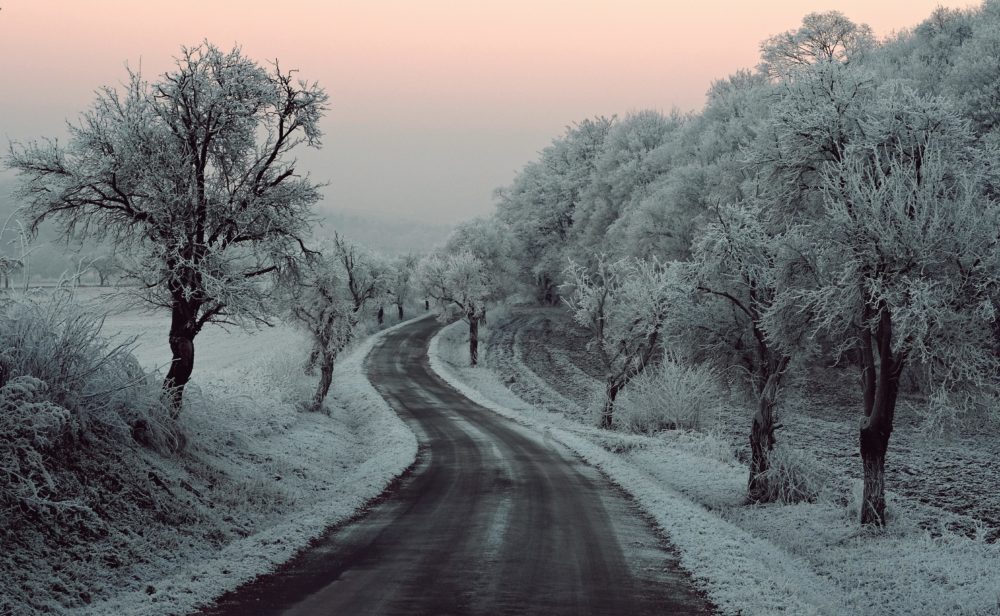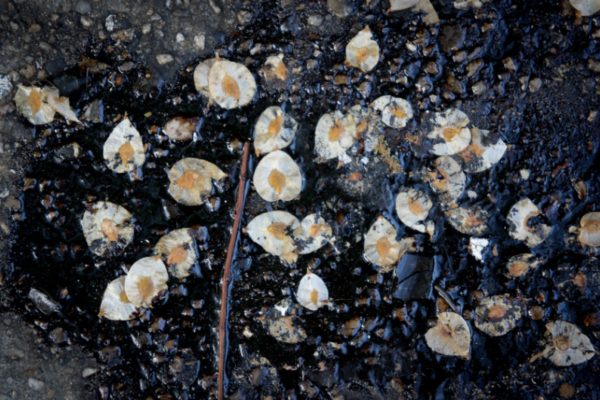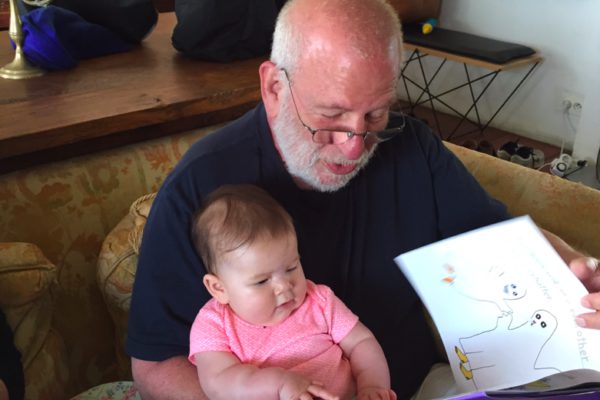
This winter, when I ask friends how they are, so many conversations turn at once outward, to our national life, and inward, to a recognition of fragility. Whatever the words, the music underneath goes something like: For so long, we have lived in blessedness. What have we done, what have we lost? How can we ever be whole again?
This winter, I’ve found myself re-reading Tomas Tranströmer’s poem “A Winter Night,” and asking myself what one should say, after the last line ends and the room grows quiet.
A Winter Night
The storm puts its mouth to the house
and blows to produce a note.
I sleep uneasily, turn, with shut eyes
read the storm’s text.
But the child’s eyes are large in the dark
and for the child the storm howls.
Both are fond of lamps that swing.
Both are halfway toward speech.
The storm has childish hands and wings.
The Caravan bolts toward Lapland.
And the house feels its own constellation of nails
holding the walls together.
The night is calm over our floor
(where all expired footsteps
rest like sunk leaves in a pond)
but outside the night is wild.
Over the world goes a graver storm.
It sets its mouth to our soul
and blows to produce a note. We dread
the storm will blow us empty.
translated by Robin Fulton
Back in November, my friend and Acumen founder Jacqueline Novogratz sent me a chain letter. The letter requested that I share a poem with the person listed in the first position and send the letter onwards to twenty others. This would lead, if the chain rippled forward with no transmission loss, to receiving four hundred poems from the people two links out.
Nothing passes outwards without loss, but I did receive a couple dozen poems. Last night, I found myself going back to the poem I received from Fay Twersky, the wise thinker and changemaker at the Hewlett Foundation whose newsletter, The Listening Post, every reader interested in philanthropy should seek out. The poem is by Boris Novak, translated by Mia Dintinjana.
Decisions: 11
Between two words
choose the quieter one.
Between word and silence
choose listening.
Between two books
choose the dustier one.
Between the earth and the sky
choose a bird.
Between two animals
choose the one who needs you more.
Between two children
choose both.
Between the lesser and the bigger evil
choose neither.
Between hope and despair
choose hope:
it will be harder to bear.
The storm “sets its mouth to our soul / and blows to produce a note.” But what note comes? This is how we answer, this is how we choose.
John Gottman studies marriage. His research strikes me as the closest thing this world has to St. Peter’s algorithm at the gateway to heaven. Couples knock at the gate, two by two, and John Gottman tells the odds of where the years will go.
Reflecting on thousands of hours of taped footage of couples in The Seven Principles for Making Marriage Work, Gottman writes:
Our archives are filled with scenes in which the husband looks out the picture window and says, “Wow, look at that boat,” and the wife peers over her magazine and says, “Yeah, it looks like that big schooner we saw last summer, remember?” and the husband grunts.
You might think I’d find viewing hour after hour of such scenes unbearably boring. On the contrary: When couples engage in lots of chitchat like this, I can be pretty sure that they will stay happily married. What’s really happening in these brief exchanges is that the husband and wife are connecting — they are turning toward each other. In couples who go on to divorce or live together unhappily, such small moments of connection are rare. More often the wife doesn’t even look up from her magazine – and if she does, her husband doesn’t acknowledge what she says.
“We dread the storm will blow us empty.”
“Between two words / choose the quieter one…. Between the earth and the sky / choose a bird.”
From each point of decision, however small, the world cascades. Turn toward, turn toward, turn toward.



